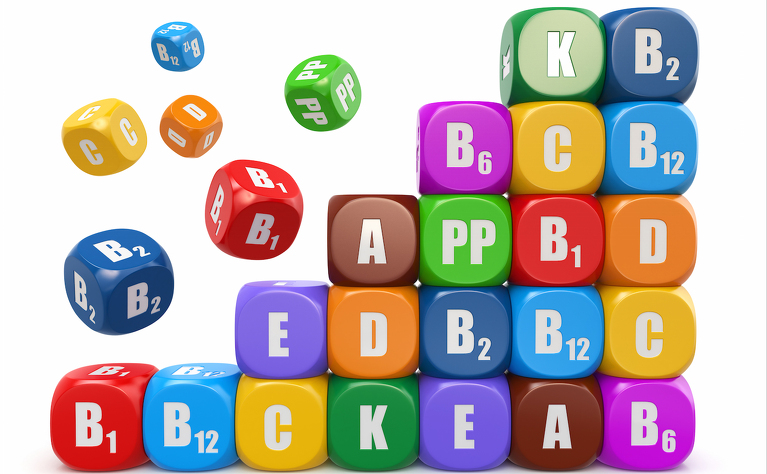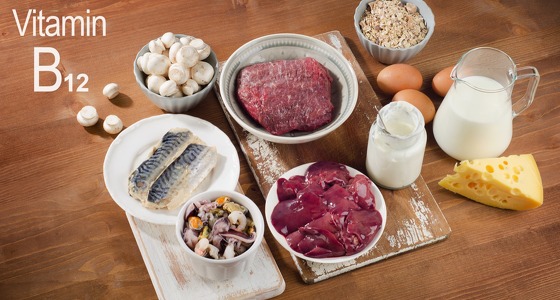
Vitamins and minerals are essential micronutrients that are required for many functions within our body. There are two-types ‐ water and fat soluble:
Deficiencies in these micronutrients can occur in people with inflammatory bowel disease (IBD), especially those with Crohn’s disease, as most vitamins are absorbed in the small bowel. Reduced food intake, malabsorption and taking certain medications can also be reasons why vitamins are not being absorbed into your body.
Taking a supplement is one of the easiest ways to get nutrients into the body, especially if you are struggling with eating certain food groups. Below is a simplified guide to some of the main vitamins that people with IBD may be deficient in and how they are important.
Please note this article is only for reference and information purposes. If you are thinking of taking any form of supplementation, you must consult your physician before doing so. IBDrelief cannot take any responsibility for any wrong-doing or harm that may occur.
What is it? Vitamin A is a fat soluble micronutrient that is important for helping the immune system fight against infections and inflammation.
Main site of absorption? Ileum (part of small intestine)
Why is it important for people with IBD? Aids in wound healing and collagen production.
What form does it come in? Vitamin A can come in many forms from retinol to beta carotene and can come from both animals and plants.
How is it taken? Best sourced from food or taken in the form of a good quality multi-vitamin.
Top 5 Foods that contain vitamin A? Look out for vegetables that have a bright orange flesh and dark leafy greens:
What is it? B vitamins are water-soluble, with each one playing an important role in keeping the body healthy.
Main site of absorption? Jejunum/ileum (parts of small intestine)
Why is it important for people with IBD? Fatigue, anaemia and low mood play a role in just some of the symptoms of IBD. B vitamins support energy production and aid tiredness and fatigue.
What form do vitamin B supplements it come in? Can be bought in as a capsule supplement called vitamin B-complex.
How is it taken? 2 capsules daily with food
Foods that contain B vitamins?
What is it? Vitamin C, also known as ascorbic acid, is a water-soluble vitamin and is an important antioxidant which supports the immune system as well as collagen production.
Main site of absorption? Jejunum/ileum (parts of small intestine)
Why is it important for people with IBD? Vitamin C aids in wound healing ‐ fistulas or recent surgery - and also helps to boost the immune system.
What form does it come in? Powder, capsule or as a chewable tablet.
How is it taken? Vitamin C can be taken on its on from 500mg ‐ 1000mg. Dose is completely dependent on the individual and speaking to a physician is advised to help find your correct dosage.
Top 5 Foods that contain vitamin C?
What is it? Vitamin D is a fat soluble vitamin that controls the expression of over 1,000 genes. It is essential for bone health, hormone regulation, reducing inflammation and also fighting of depression. 70% of the world’s population are deficient in vitamin D, particularly those who live in the northern hemisphere as sunlight is a good source of vitamin D. Sunscreens, sunglasses and limited time outside prevent the exposure to this important micronutrient.
Main site of absorption? Ileum (part of small intestine)
Why is it important for people with IBD? Vitamin D is particularly important for people with IBD to help reduce inflammation, support bone health and maximise calcium absorption.
What form does it come in? Capsule form vitamin D3, as an oral spray* and sunshine
How is it taken? 1-2 capsules to be taken daily depending on brand and strength. A blood test will enable you to find out how much to supplement.
Top 5 foods that contain vitamin D?
What is it? Vitamin K is a fat soluble vitamin and helps to regulate bone minerals, and is the reason why blood coagulates.
Main site of absorption? Ileum (part of small intestine)
Why is it important for people with IBD? Important for healthy bones and blood clotting.
What form does it come in? Best sourced from food or taken in the form of a good quality multi-vitamin
How is it taken? Capsules, chewable tablets, or powder form
Top 5 Foods that contain vitamin K?
*Please note these are affiliate links which means if you buy from the company we may receive a commission. You will pay the same price as you normally would and any money earned will be used to support IBDrelief's work

